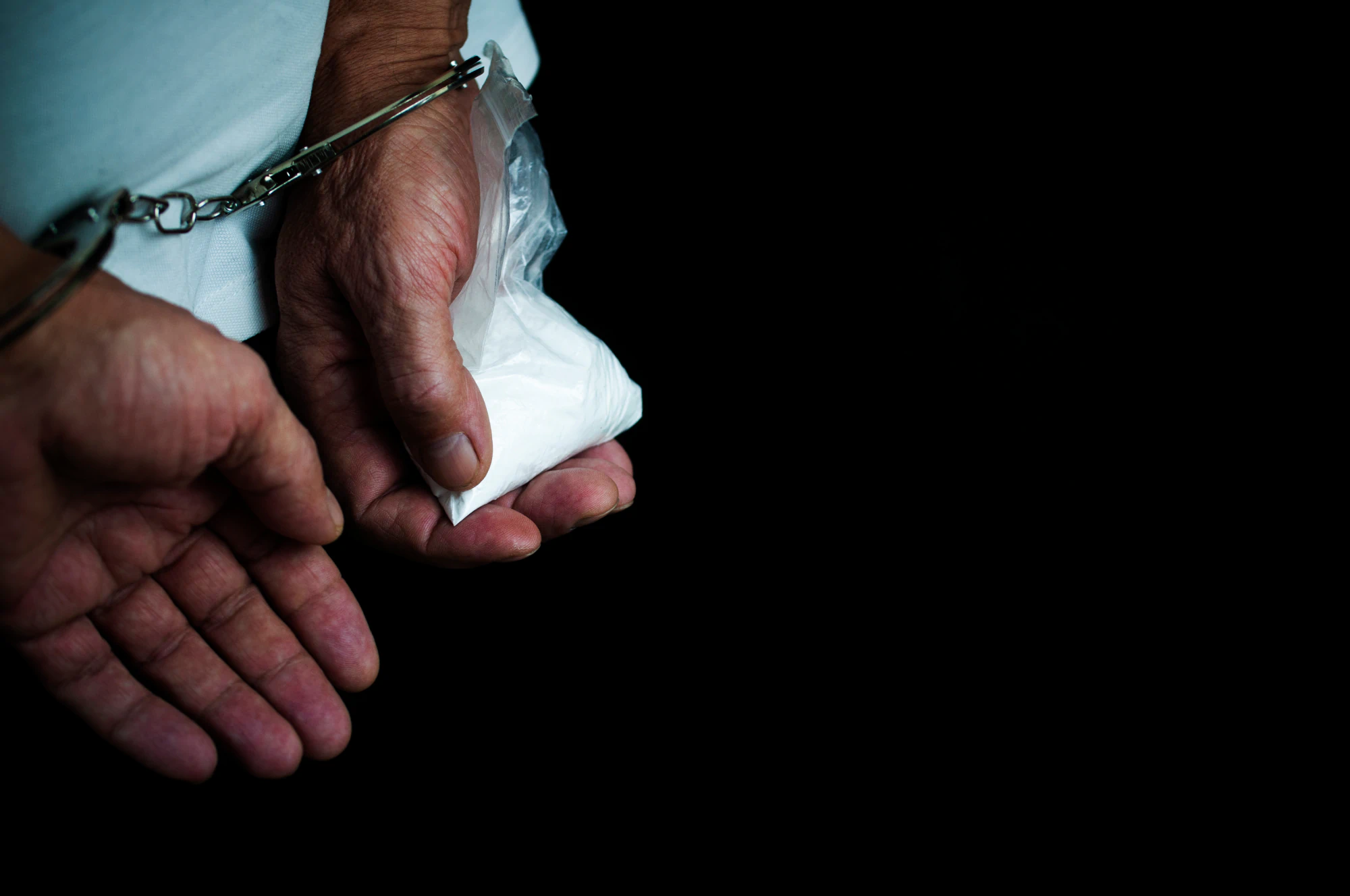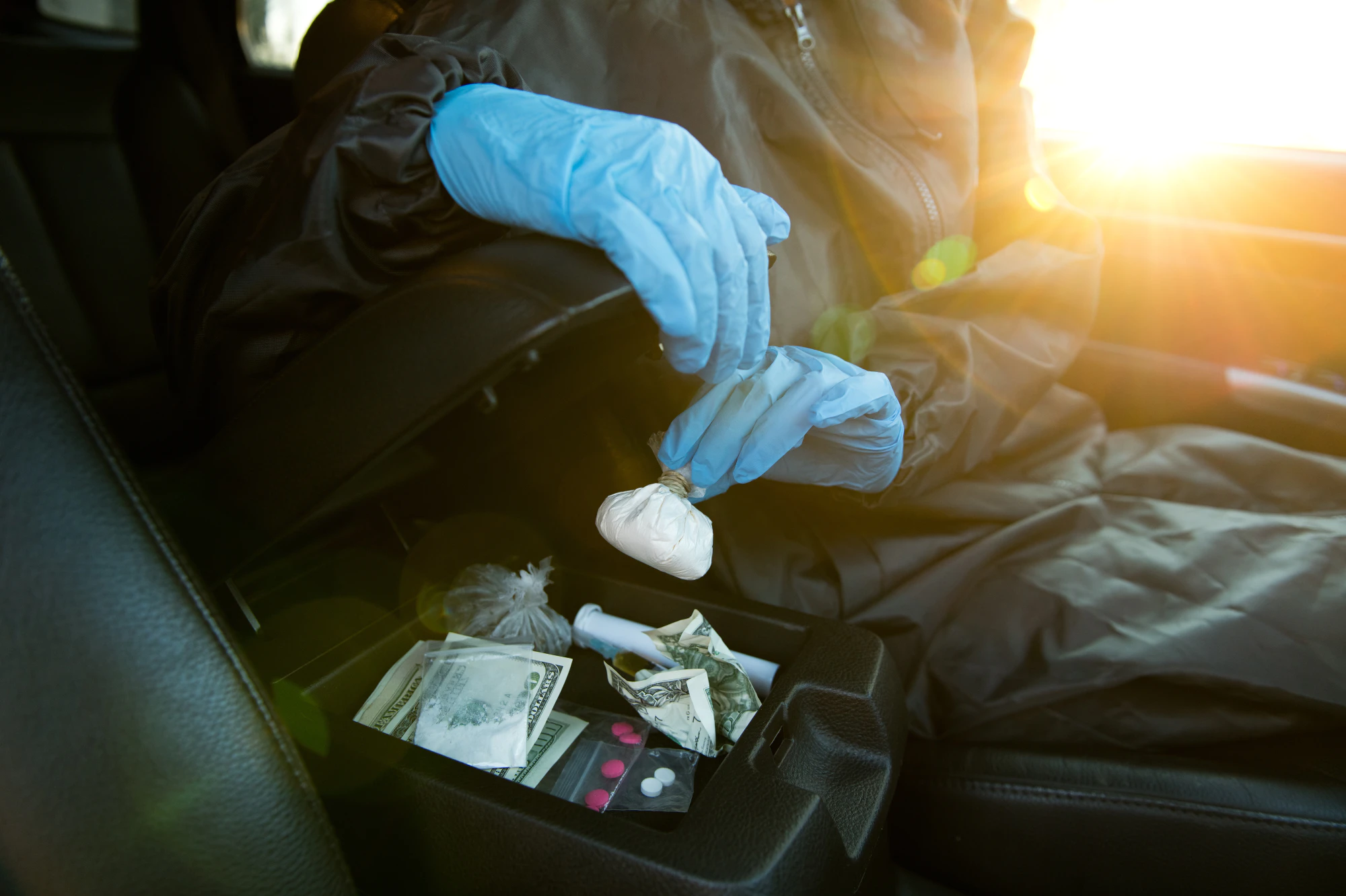Charged with drug trafficking? Know your options under Texas law.
Not everyone who needs a drug trafficking lawyer is an aspiring kingpin or a real-life Tony Montana. Prosecutors can pursue drug trafficking charges in both state and federal court based solely on the amount of drugs a person is accused of possessing, even if there is no additional evidence that the person accused manufactured or intended to sell the drugs in question.
If you’ve been charged with drug trafficking in Texas, you need an experienced drug trafficking attorney to help you fight these severe charges. You only get one shot at this — the decisions you make next could be some of the most important you make in your entire life.
Here are the facts you need to know about drug trafficking cases from an experienced state and federal drug crime attorney.
What qualifies as drug trafficking?
Drug trafficking is an offense that refers to transporting, distributing, or importing illegal drugs. You can be charged with drug trafficking if you are suspected of committing any of the offenses we just listed. Let’s break them down.
Transporting drugs
The most direct form of drug trafficking, transporting occurs when an individual knowingly transports a large amount of illegal drugs from one place to another (more on those italicized phrases later). Taking a gram of weed to a friend’s house 10 minutes away probably isn’t going to land you with a trafficking charge. Driving 5 ounces of marijuana across state lines, on the other hand, probably will.
Distributing drugs
If an individual knowingly transfers drugs to another person they are engaging in illegal drug distribution and, potentially, drug trafficking. You do not necessarily need to be transporting drugs in order to distribute/traffic them. If someone were to meet you at your home to buy or collect illegal drugs from you, that would still be considered distribution/trafficking — even thought you never left your home with the drugs.
Possessing drugs with intent to distribute
Drug possession can become trafficking if there is evidence that you intended to sell or otherwise distribute the drugs you were caught with. For example, if you are caught in possession of 5 grams of cocaine, a scale, and small baggies, the prosecutor may have reason to suspect and charge you with possession with intent to distribute, and possibly even trafficking.
Drug trafficking and The Texas Controlled Substances Act
The state of Texas has The Texas Controlled Substances Act, which prohibits anyone from knowingly manufacturing and possessing controlled substances — a chemical or drug usually regulated by the government — with the intent to distribute. The key word here is knowingly, meaning if your friend packs your car trunk with drugs, doesn’t inform you and you drive the car, you should not have to pay the price if you were to be pulled over by police. Sadly, ignorance isn’t always easily proven, and you can still be charged and even convicted of trafficking even if you had no knowledge of the drugs in question or you had no intent to sell or distribute them.
While all drug trafficking charges are serious, the severity of penalties varies depending on the kind and quantity of drugs you are accused of trafficking. Basically, the more addictive or potentially harmful the drug is considered to be, the more severe the penalties if you’re accused of trafficking them.
In Texas, the types of drugs are distributed amongst four high-level penalty groups that help law enforcement determine your penalties, with Group I being the most severe. Depending on the amount of drugs you have, the penalties can vary. Here are some examples of drugs that fall into the four categories:
- Group I: Cocaine, methamphetamines, heroin
- Group II: Ecstasy, PCP
- Group III: LSD, steroids, benzodiazepines (Xanax)
- Group IV: Opioids or prescription medications
In Texas, Marijuana has its own unique penalty group. While possession of small amounts of marijuana may no longer be an arrestable offense in certain Texas counties, you may still be charged and subject to the penalties associated with marijuana possession if ultimately convicted. There has been an increase of THC possession cases, which is heavily punished under Texas Law. Contact a Fort Worth marijuana defense lawyer as soon as possible if arrested so that we can do whatever possible to get your charges downgraded.
Due to the harsh nature of Texas drug trafficking charges, it’s important that you contact an attorney as soon as possible.
How do you prove drug trafficking?
The state of Texas actually does not have a charge specifically labeled drug “trafficking,” but the sentiment is still the same. There are several pieces of potential evidence that law enforcement consider when deciding whether or not to charge someone with drug trafficking:
- Large quantity of a single drug and/or a variety of drugs
- Position of prescription drugs without a prescription
- Significant amount of cash
- Collection of weapons
- Packaging and weighing materials (Example: plastic bags and a scale)
How they charge you
In the state of Texas, most drug trafficking charges stem from federal drug conspiracies. Federal drug conspiracies are a common charge that law enforcement uses to arrest a vast amount of people in the hopes of obtaining information — law abiding citizens included. If you are pulled over, your first thought may be, “Should I talk to the police?” The short answer: you have a right to remain silent. Use it. Because police use this charge as a threat for information, anything you say will be used against you later on.
How a prosecutor proves drug trafficking
There are four elements a prosecutor may use against you to prove drug conspiracy and drug trafficking:
- Exercise control over the controlled substance
- Knowledge of the possession
- Knowledge that the drugs were not legal to possess
- The drug was purposed for sale
This charge entails conspiracy with the intent to distribute drugs, meaning a party knowingly or intentionally took part in the manufacturing, distributing or dispensing a controlled substance.
Even if you did not participate in the underlying crime, you can still be charged for drug conspiracy if that crime was proven to be accomplished. If you’re charged with drug conspiracy in Texas, you could be facing state or federal charges based on the type of drug and quantity of the drug. And if you’re convicted, the penalties for conspiracy are the same as if the crime was committed.
You’ll likely be tried by the district attorney of the county in which you committed the offense. That means the charges will be less severe than if you were tried in federal court; however, a conviction can still have life-altering results. You need the best attorney you can find.
Contact the Best Drug Trafficking Attorneys at Sellers Law Firm
Whether you’ve been charged with a drug trafficking or drug conspiracy case, have the right drug trafficking lawyer by your side. Sellers Law Firm have some of the best drug trafficking attorneys in the state of Texas with various specialties for any of your drug-related cases. If you or your loved one have been arrested for possession of drugs, contact the Fort Worth defense lawyers from Sellers Law Firm today. Time is of the essence with drug-related cases, so call 817-928-4222 or contact us today to request a free consultation.
More Helpful Articles by Sellers Law Firm:
- What is Bank Fraud?
- Penalties for Having a Gun at the Airport
- Understanding Your Right to Self-Defense
- Domestic Abuse: Fighting Charges in Tarrant County
- Car Ignition Interlock Devices





